Last updated on August 5, 2025
A film by Raphaël Quenard, Hugo David
In his mad dash for success, a whimsical actor abandons his most loyal allies. Alone with himself, he is struck by a disturbing vision. He sets off for Peru on a spiritual adventure.
Our rate: **
Hugo David deconstructs, with his complicity, the image of Raphael Quenard, who suddenly appears more complex, less of a troublemaker, less of a happy idiot compared to the role he plays in the media. We see him playing with words, showing his destructive side, appearing on screen in a state of obvious intoxication, (and it seems difficult to believe that these excerpts could be fictional). Hugo David—and we wonder to what extent Raphael Quenard himself—paints a portrait of a madman, often playful, likable in some ways, repulsive in others, prey to his demons. But also a portrait that is more sensitive than it appears, that of a young man who is not ashamed to show his weaknesses and to show himself at times (even if his ego comes through in every shot) in a less than flattering light. He fully embraces vulgarity for comic effect, playing with the limits of what is acceptable—going so far as to attach himself to a rumor of pedophilia that came out of nowhere except his own disturbed mind. These monologues are provocative, uncomfortable, and he uses and abuses them with his accomplices (the cast includes Marina Fois, Benoit Poelvoorde, Michel Hazanavicius, Gustav Kervern, and Jean Pascal Zadi, among others, to whom he gives more or less the same role, as quasi-avatars of the viewer), with fiction intervening here to replay situations more or less experienced by Quenard at the time, when, as a young actor who came out of nowhere, he harassed anyone who could possibly help him gain popularity and achieve his dreams. This is done without restraint, particularly in the extremely trashy scene with Kervern, which even Groland – this provocative comedy show written by Kervern, among others – that would not have dared to show, where Quenard spreads his buttocks in front of the camera. This overwritten component aims to show us Quenard‘s worst flaws, as he is willing to do anything to succeed, with Hugo David insisting more on his natural stinginess, but above all on the contrast. For, in addition to its rhythmic effects—and despite being comical—these passages aim to reinforce another gesture undertaken by the two friends, that of laying themselves bare while plunging into poetic melancholy. Much more inventive than we might have expected, Quenard sets off for Peru with his friend Hugo to forget, to drag his malaise along with him, to find himself and, he hopes, to find his beloved again, to rebuild himself, all animated by dreamlike visions of condors. Poetry then comes into play, as Quenard hoped and proclaimed when his friend filmed him everywhere, even in the bathroom, in everyday life, out of nowhere, in the burlesque direction the story takes, all concluding with a final sequence that a filmmaker like Otar Iosseliani, for example, would not disown, in pure fantasy. A rather enjoyable debut film for two, despite its assumed bad taste, despite its “male gaze,” despite the constant “too much” of the role. Without being cinematographically grandiose, we find ourselves trying to sort out the true from the false, wondering if we are watching docufiction or fiction with a documentary feel. Clever.

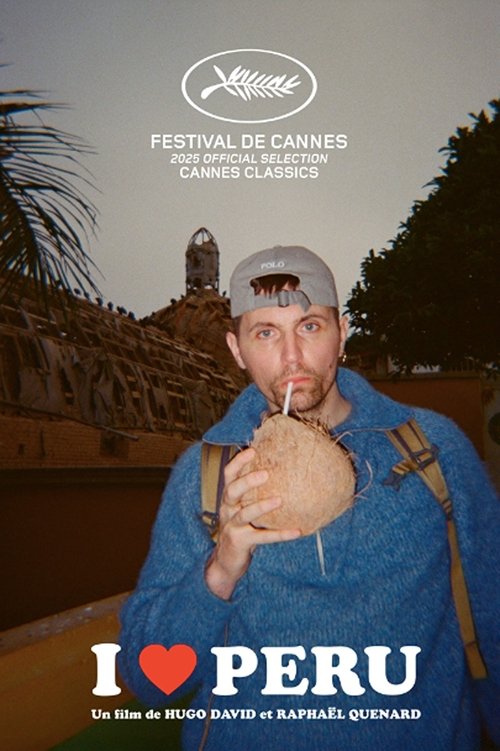
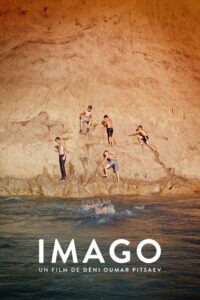
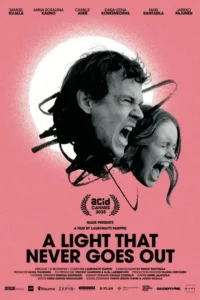
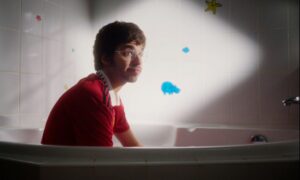
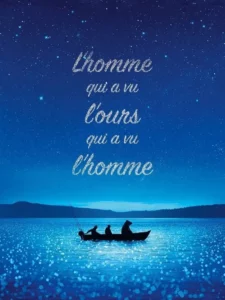
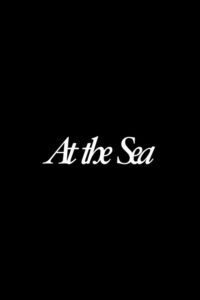
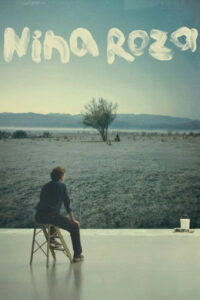
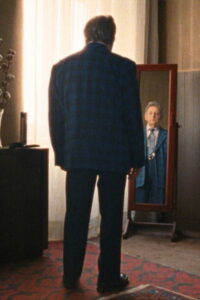
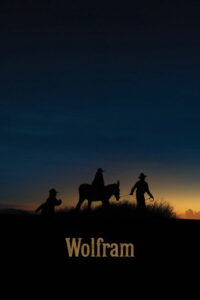
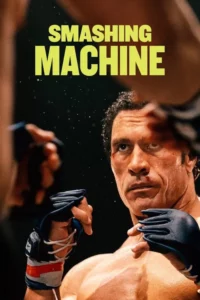
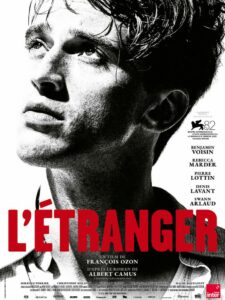

Be First to Comment